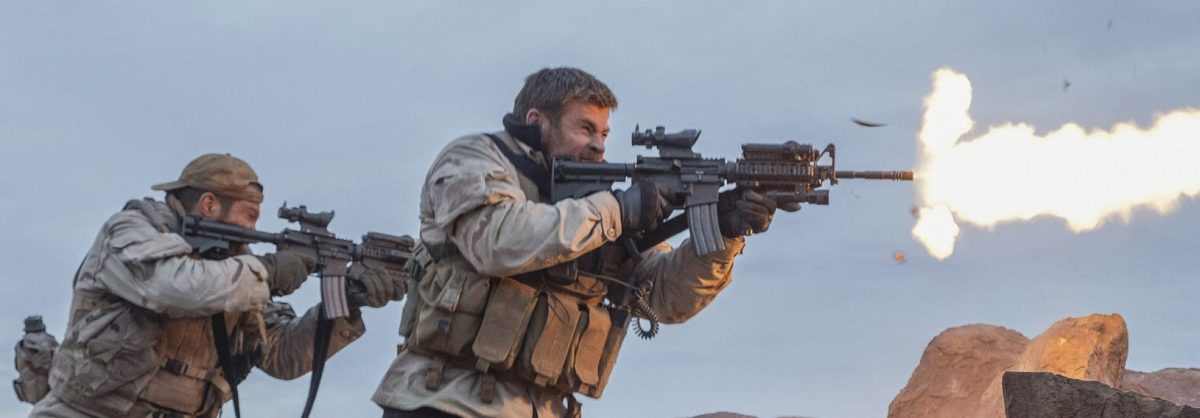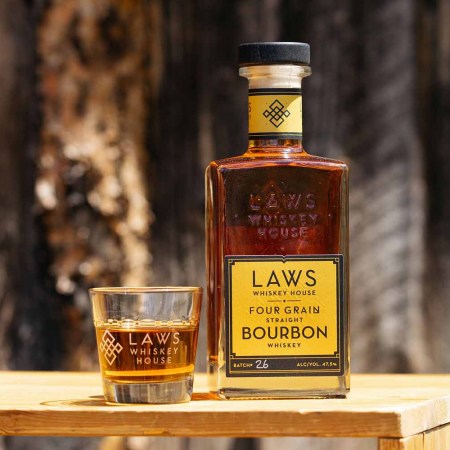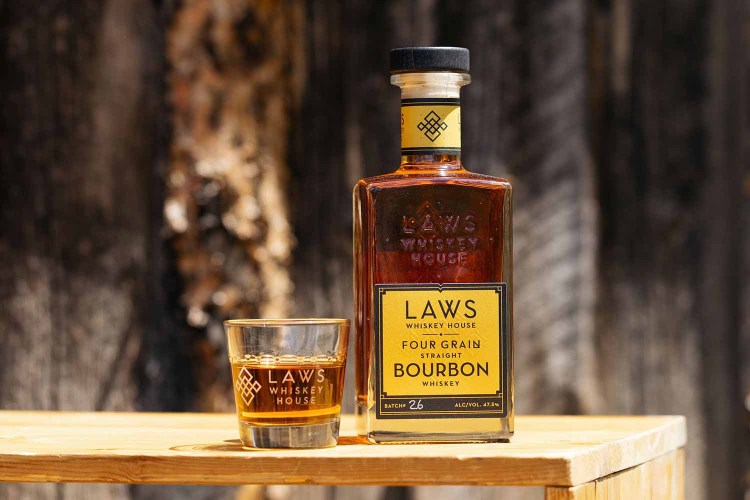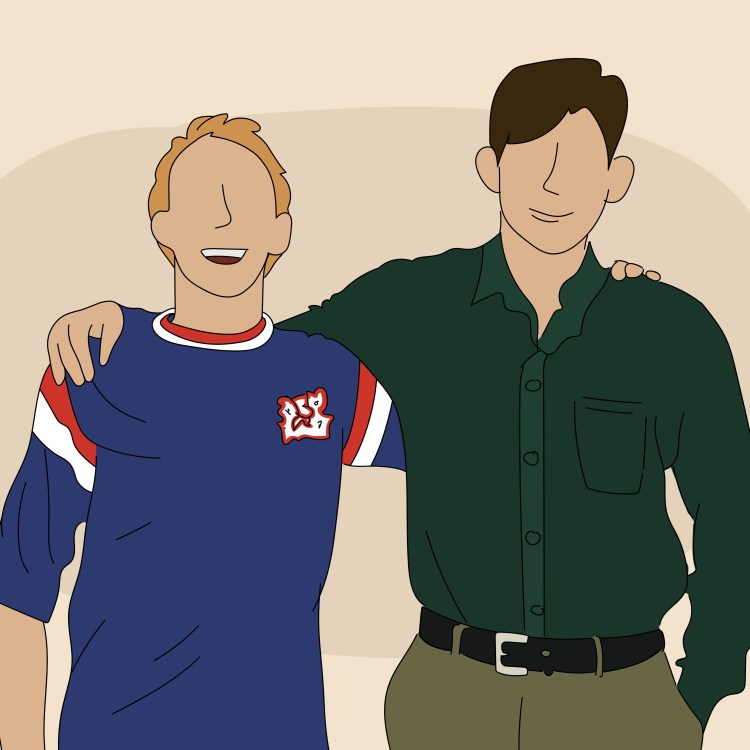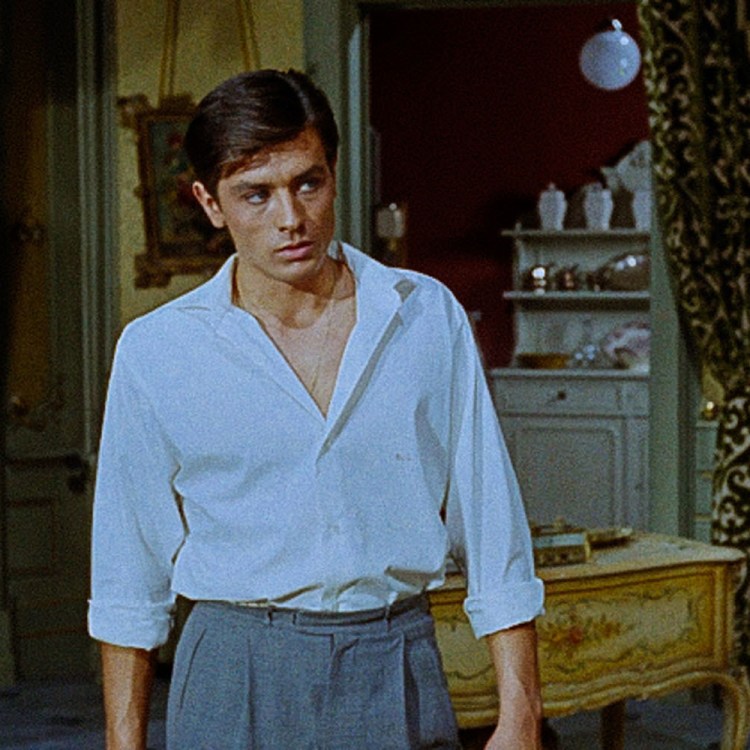A lot has changed over the years as wars in Afghanistan and Iraq went from the newspapers to the history books. And nowhere will that be more obvious this weekend than in the multiplex.
Opening Friday, 12 Strong chronicles the real-life covert mission that marked the first U.S. ground mission against the Taliban just two months after the Sept. 11 attacks. Chris Hemsworth plays the real-life captain who led a small team into the mountains of Afghanistan to embed with horse-riding Northern Alliance rebels in a swift campaign to take out Taliban strongholds. As one would expect from producer Jerry Bruckheimer, there is more red, white and blue than shades of gray.
It’s 3-star strong (out of 4) as a movie, too. With Michael Pena and Michael Shannon watching his back in supporting roles, Hemsworth does a solid job of playing a hero worth cheering. While most of the recent wave of military movies have felt geared towards a right-leaning audience (such as Michael Bay’s 13 Hours: The Secret Soldiers of Benghazi), the horse-mounted fighters mostly ride away from any strong political message.
And that makes this film adaptation of Doug Stanton’s non-fiction book, Horse Soldiers, particularly interesting to watch. This is a patriotic thrill ride, based on an incident that unfolded in the opening weeks of a war that would dominate the next decade; from a time before the invasion in Iraq and further developments on the ground complicated the views of the Americans back home. In this movie, it’s clear who the good guys are.
Because the previous wave of movies about the Wars in Afghanistan and Iraq took a very different take on the decisions that put American troops at risk. The Hurt Locker (2008) and Stop-Loss (2008) certainly were waving red flags, not the Stars and Stripes. Those dramas spoke to a large segment of the population struggling to come to terms with an unpopular war.
War movies often gauge how the culture at large views a war during a moment in time. For example, when John Wayne marched off to Vietnam in the 1968 film The Green Berets, mainstream opinion had yet to turn against the war. Critics may have hated its blatantly jingoistic tone, but ticket buyers clearly wanted to see an unconflicted account of the conflict. A decade later, Americans certainly didn’t march to the same drummer, and the first in a crop of bleak films about Vietnam — The Deer Hunter and Apocalypse Now — hit theaters.
Over time and emotional distance, somethings can change. Director Steven Spielberg’s 1997 World War II opus Saving Private Ryan couldn’t have come out 50 years earlier, and not because the practical effects technology didn’t yet exist to film the grisly battle sequences. It simply would have been too much for a generation that had just lived through it. Back then, the movies of the era focused on heroism rather than the terrible sacrifices the heroes had to make.
So if time heals at least some wounds, the release of 12 Strong seems to indicate at least some emotional distance from the War on Terror of the Bush Administration. At least an appreciation of the boots on the ground of the troops who first went into Afghanistan, even as the pile at the World Trade Center still smoldered, for all the right reasons. No matter what an individual movie-goer thinks of the events that followed.
This article was featured in the InsideHook newsletter. Sign up now.
